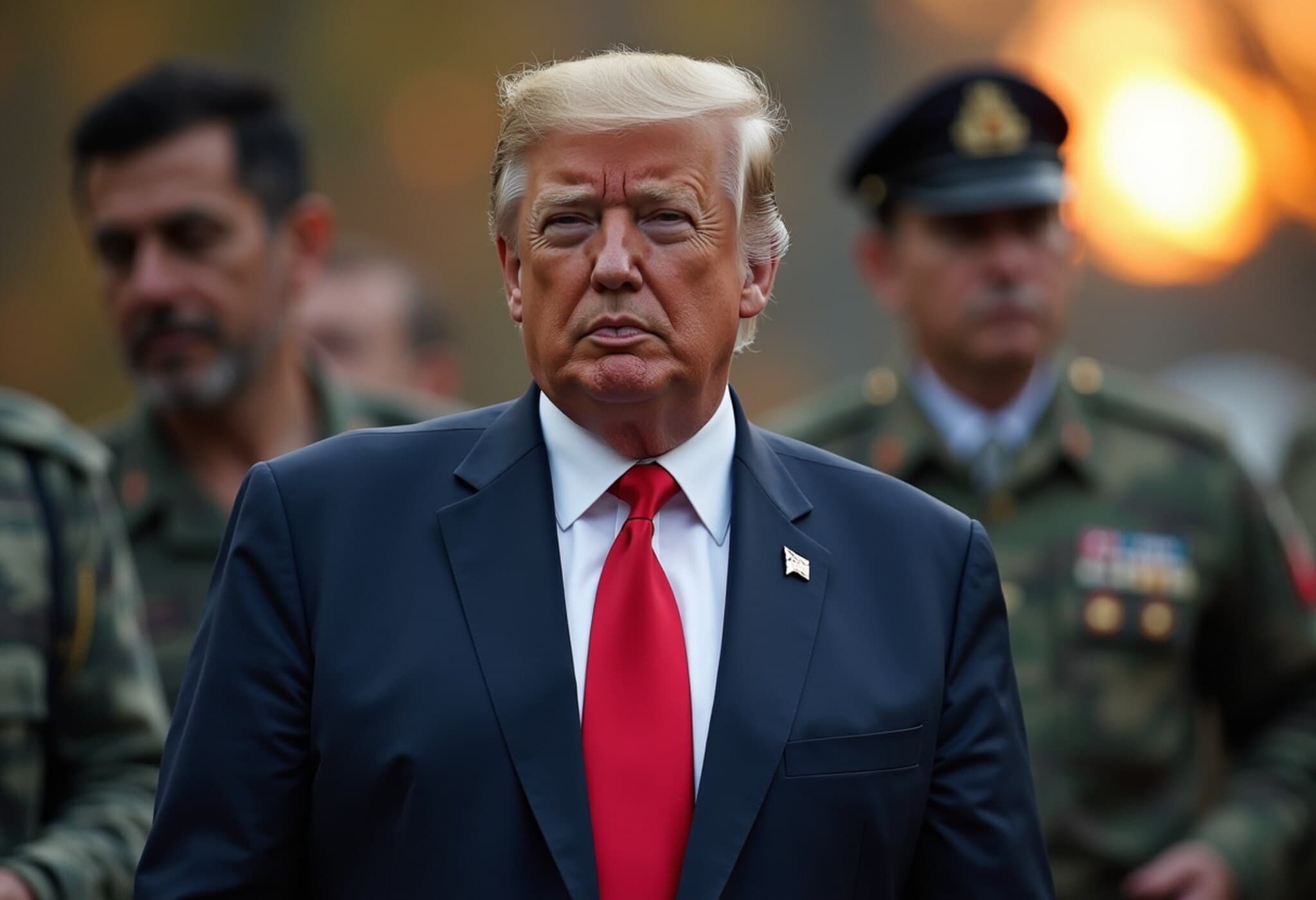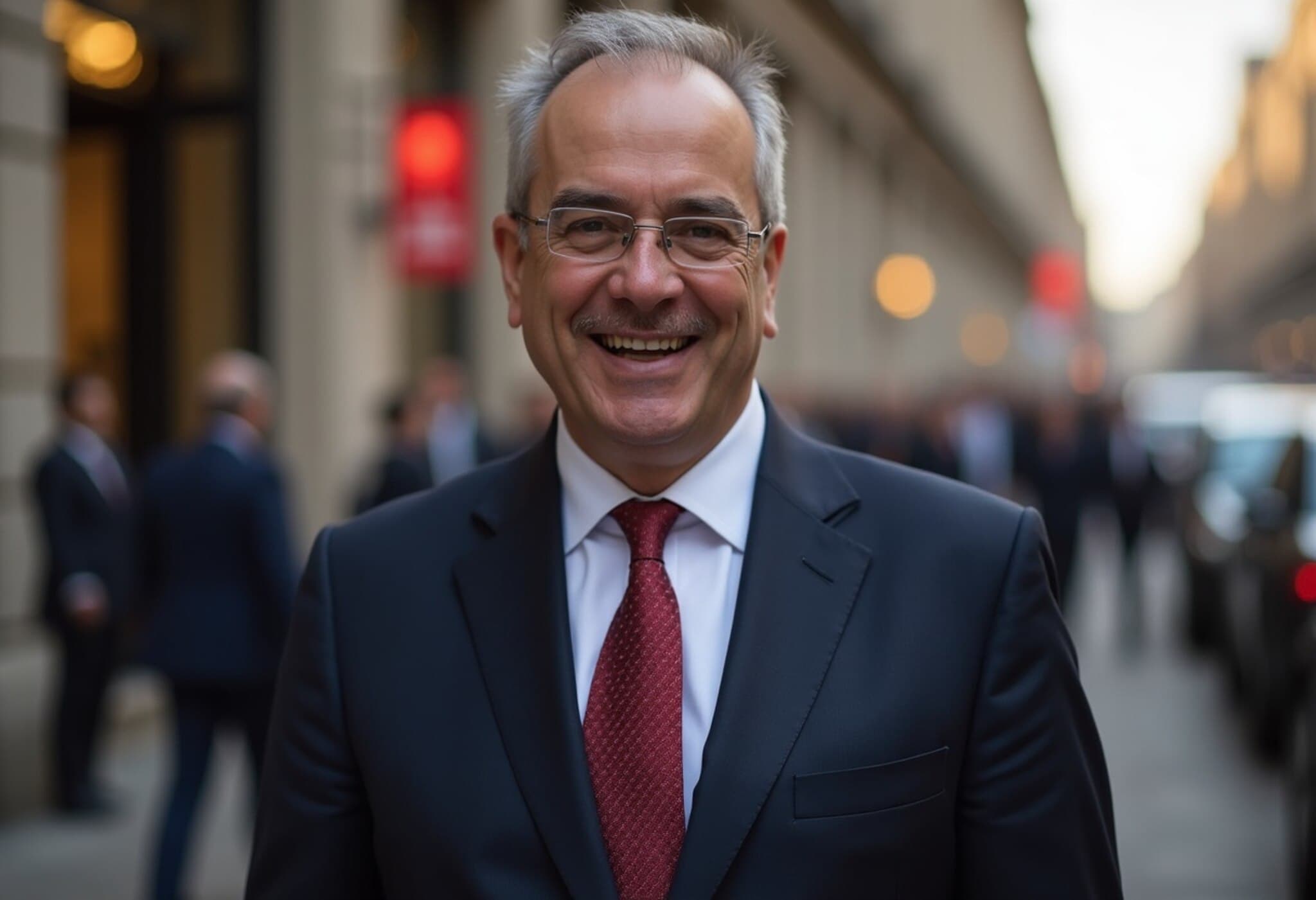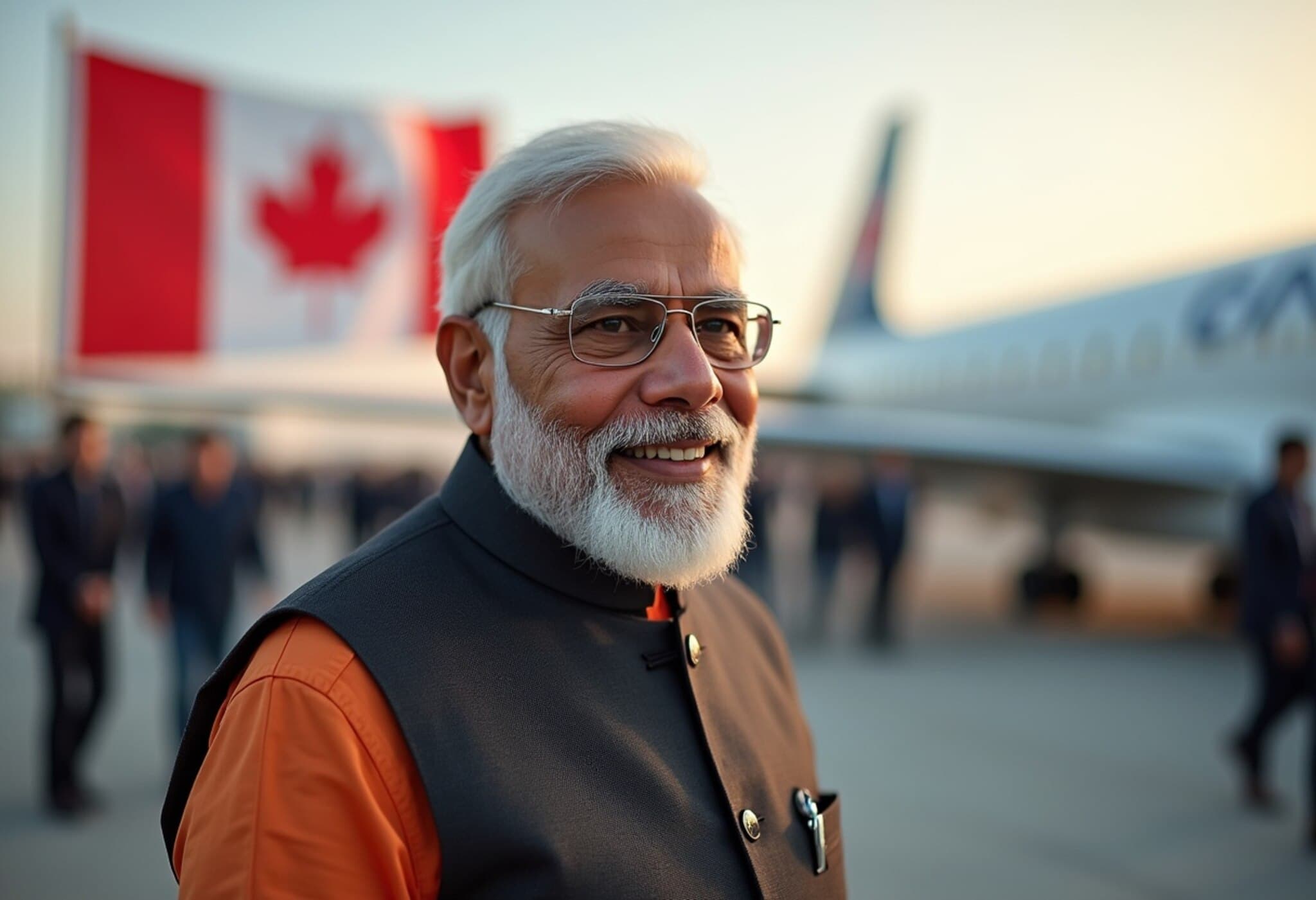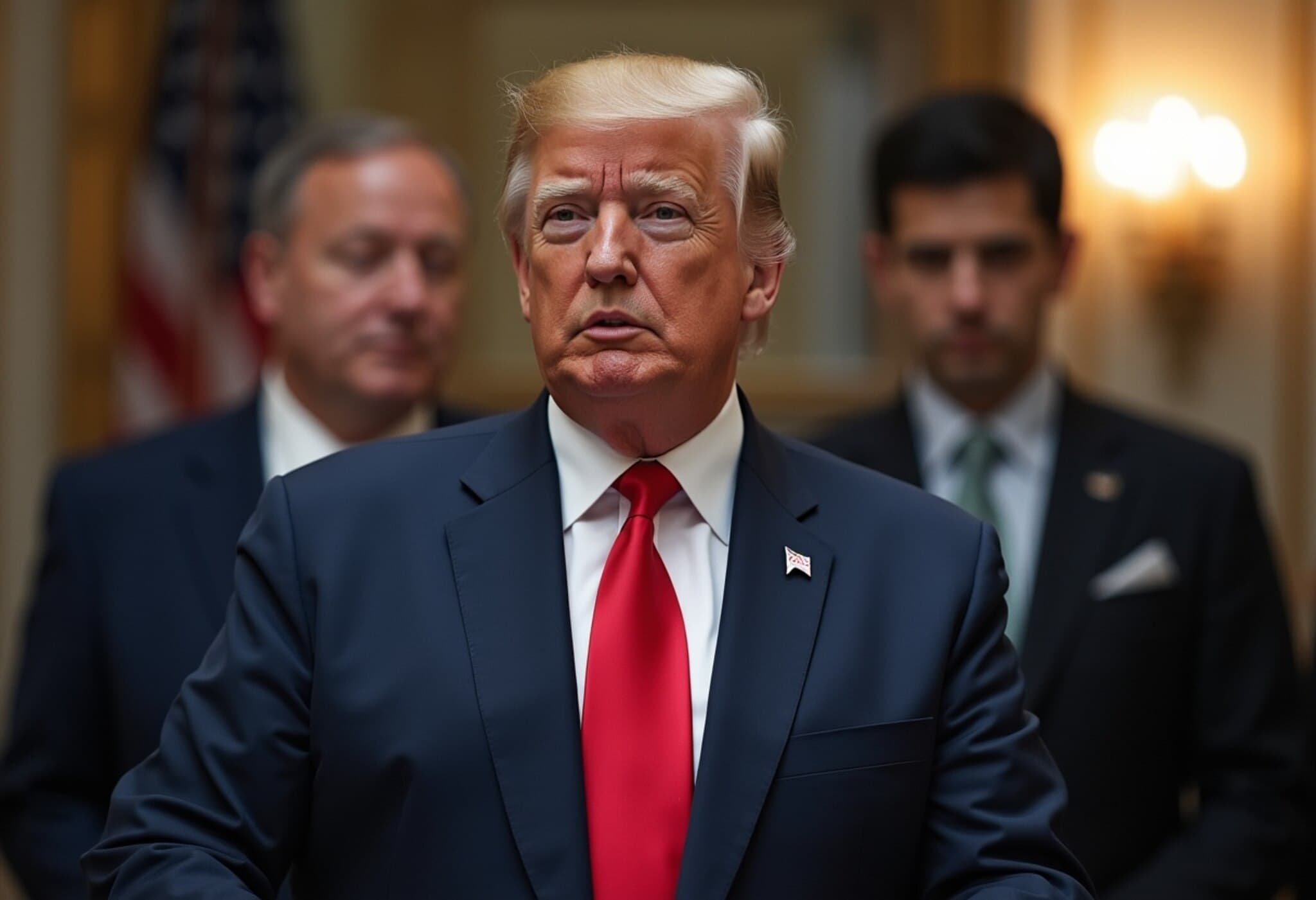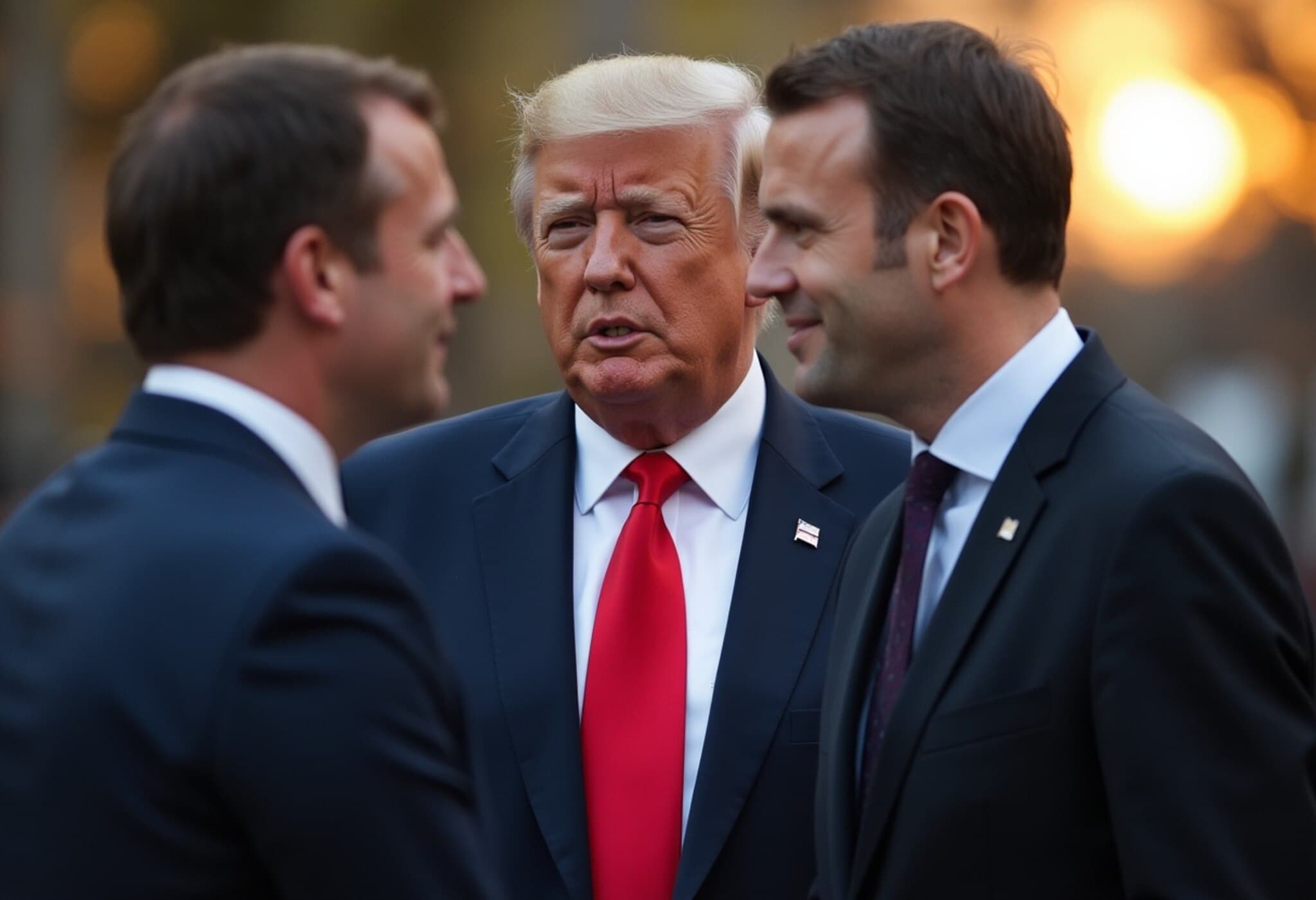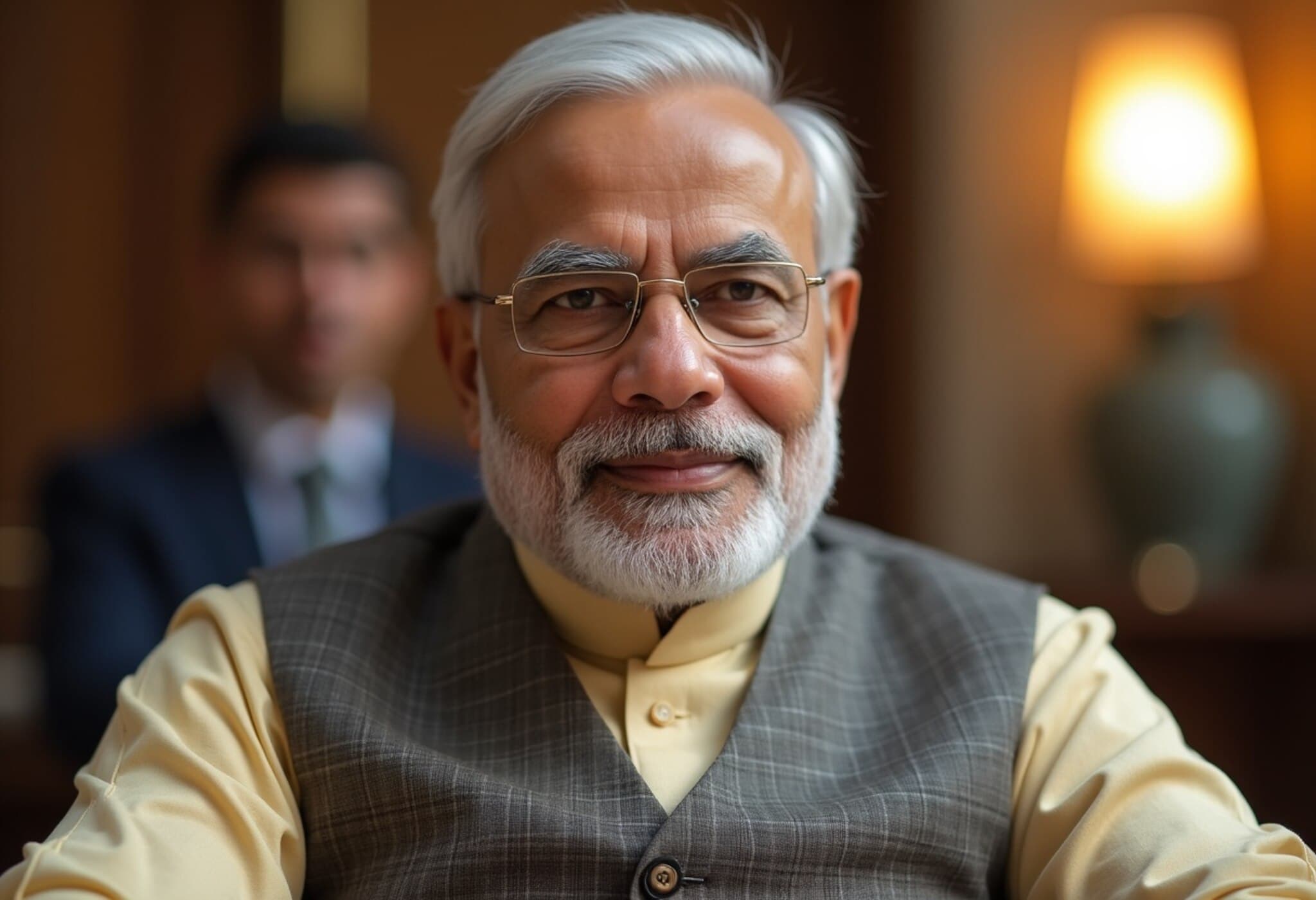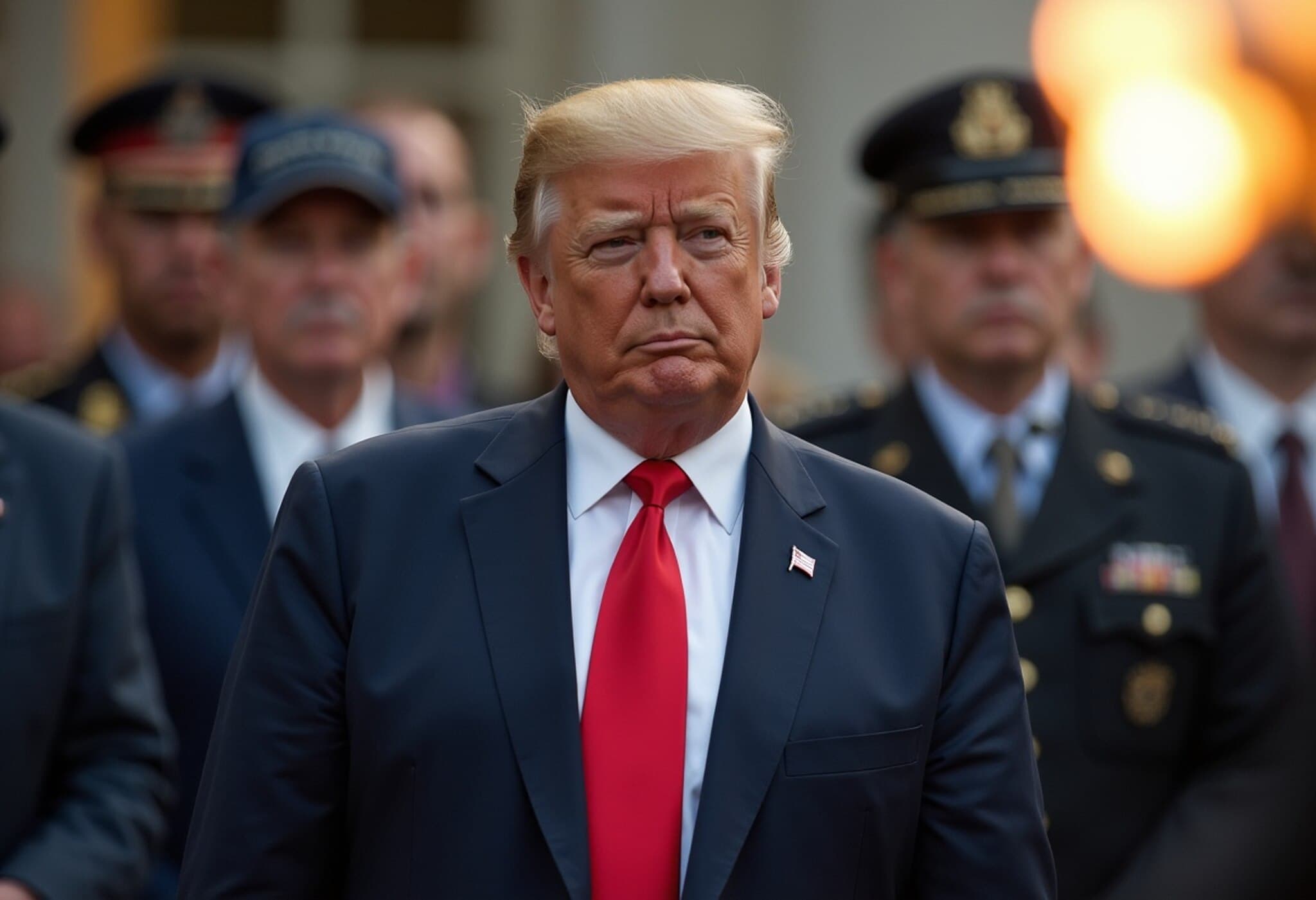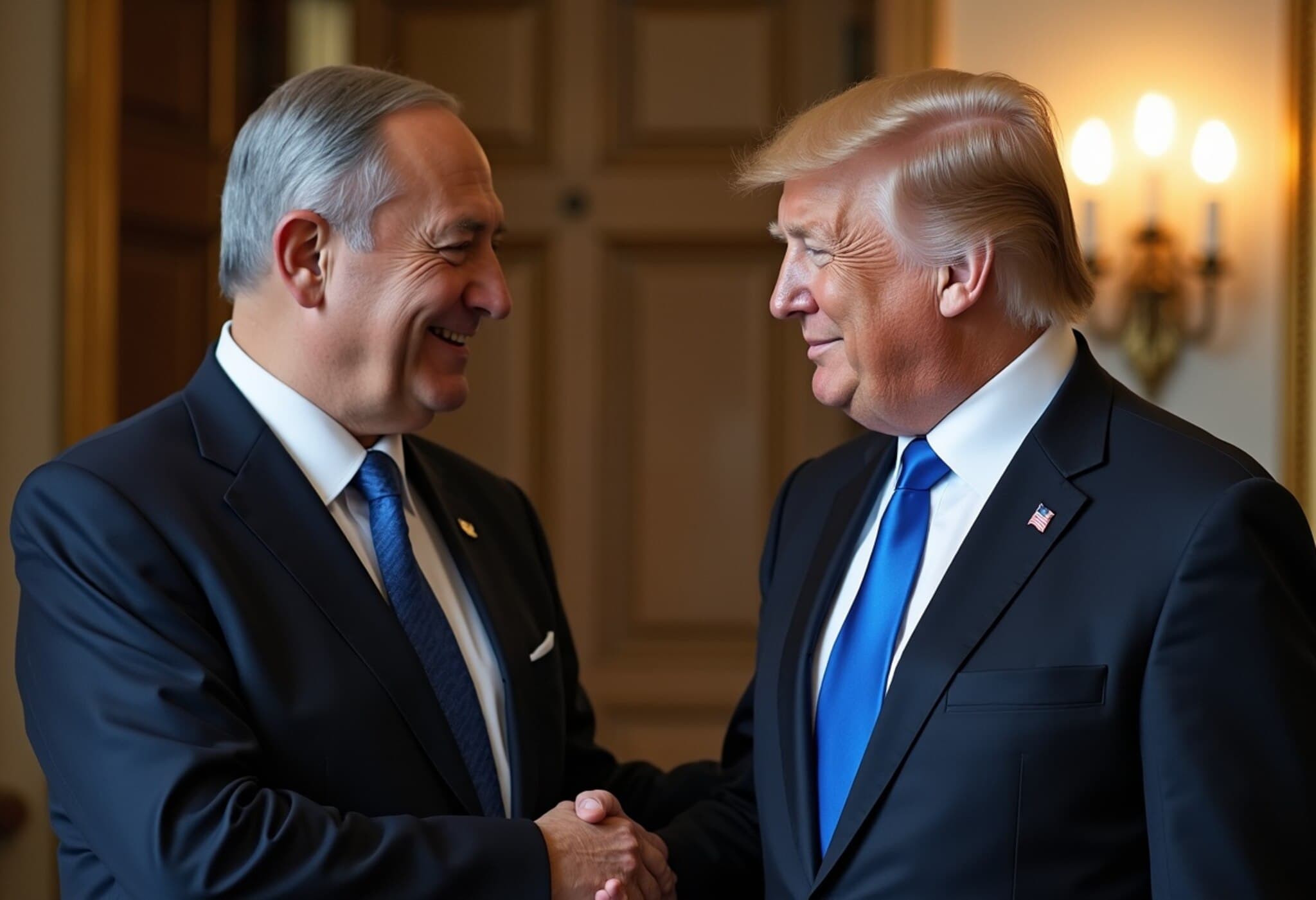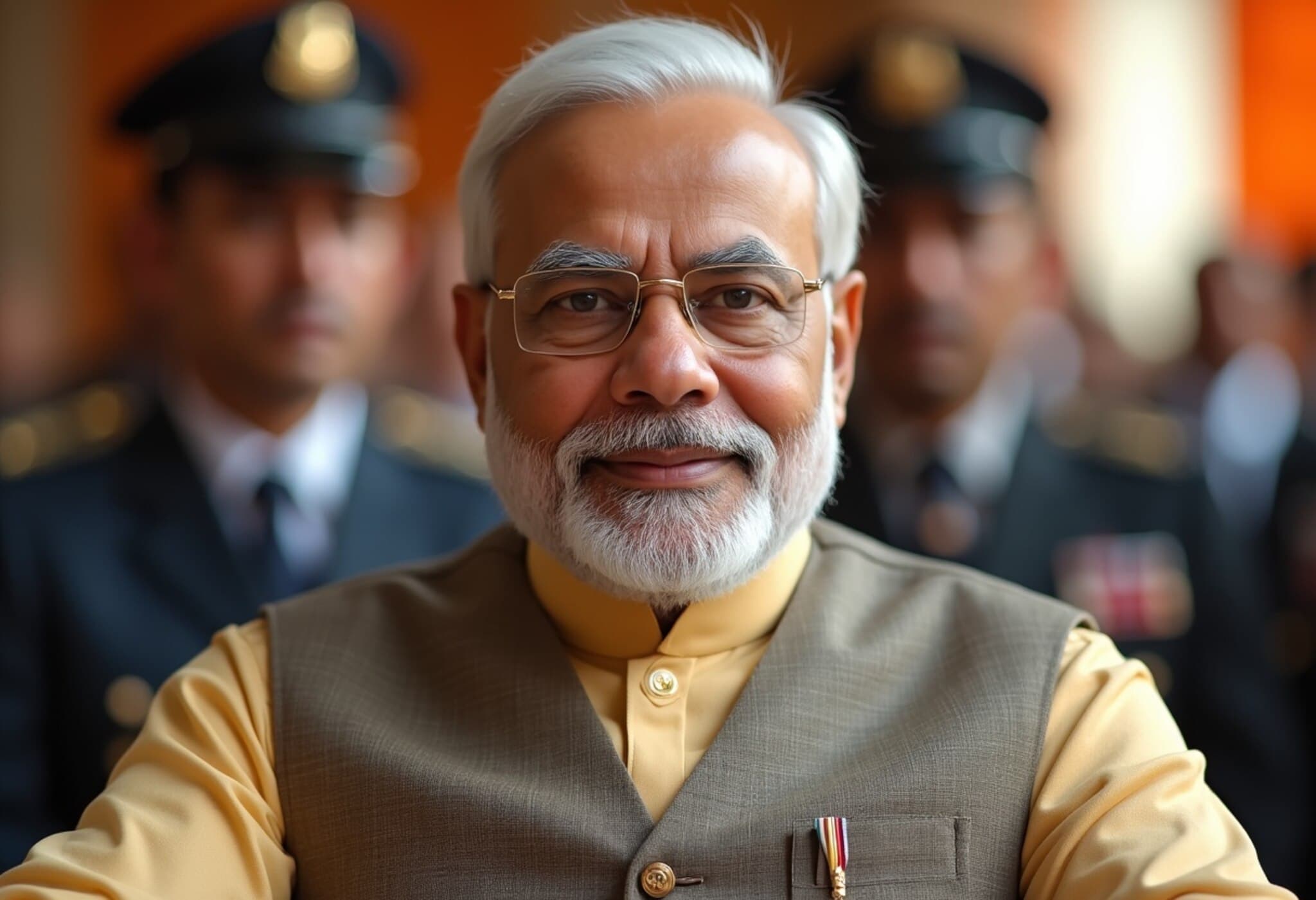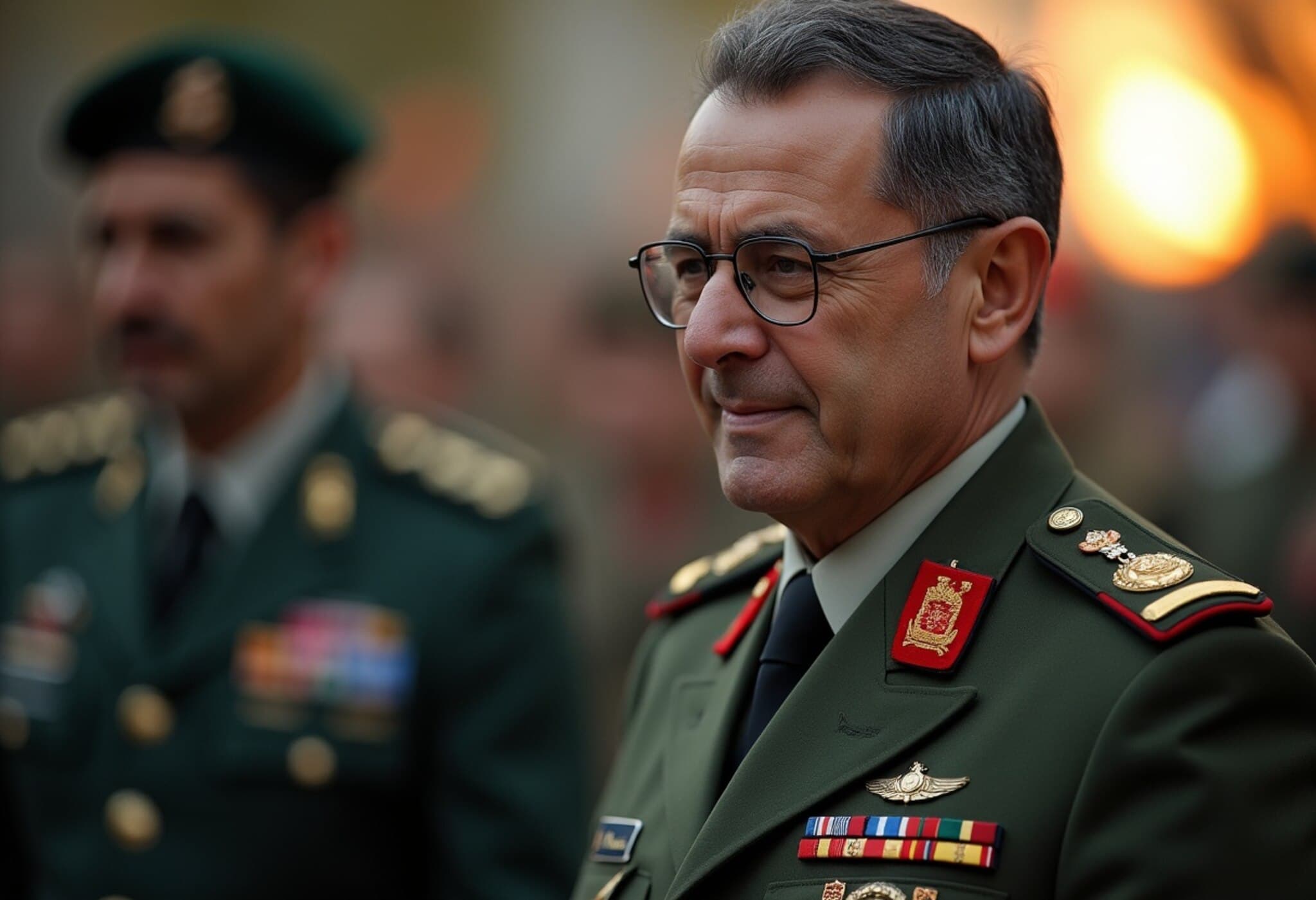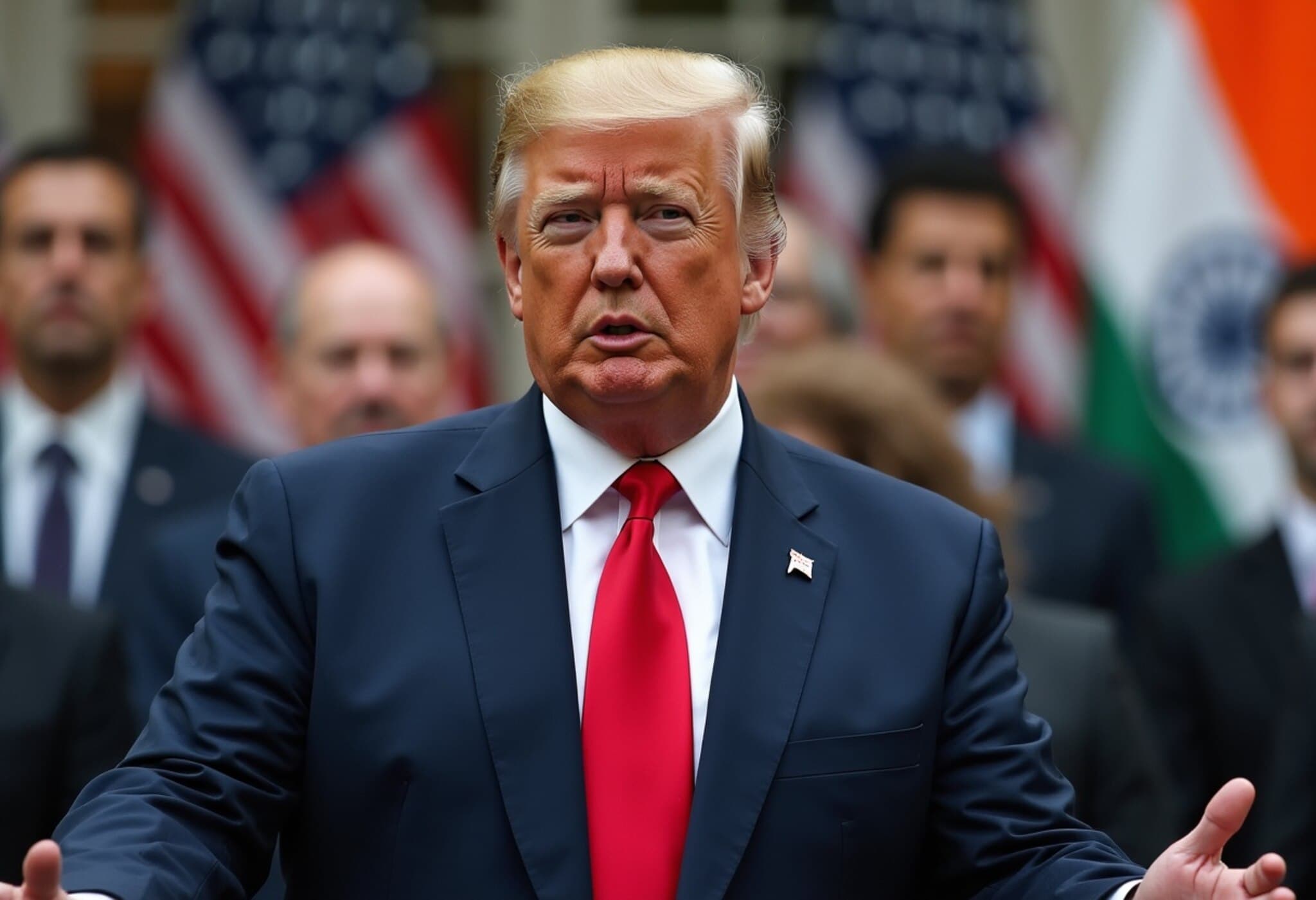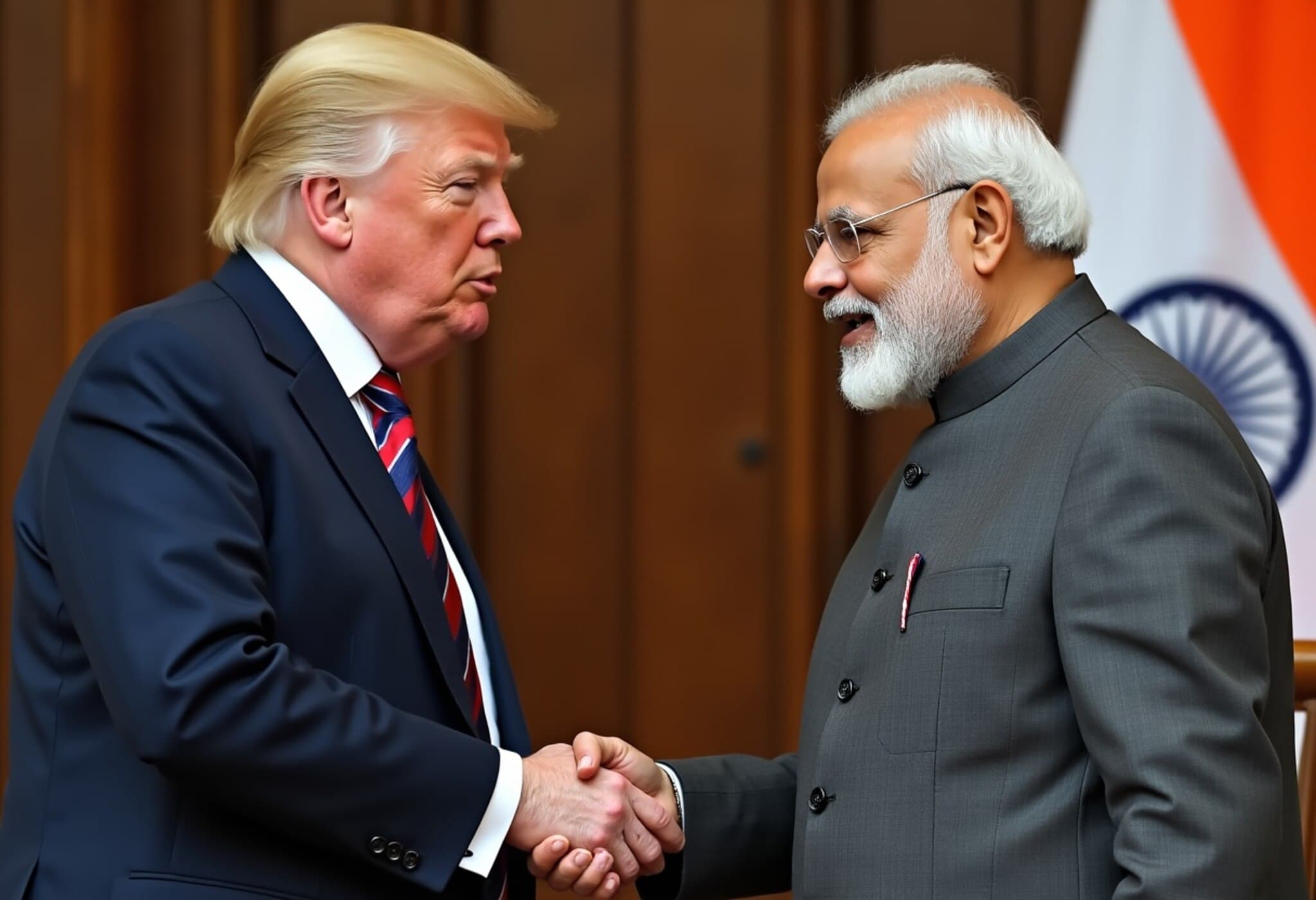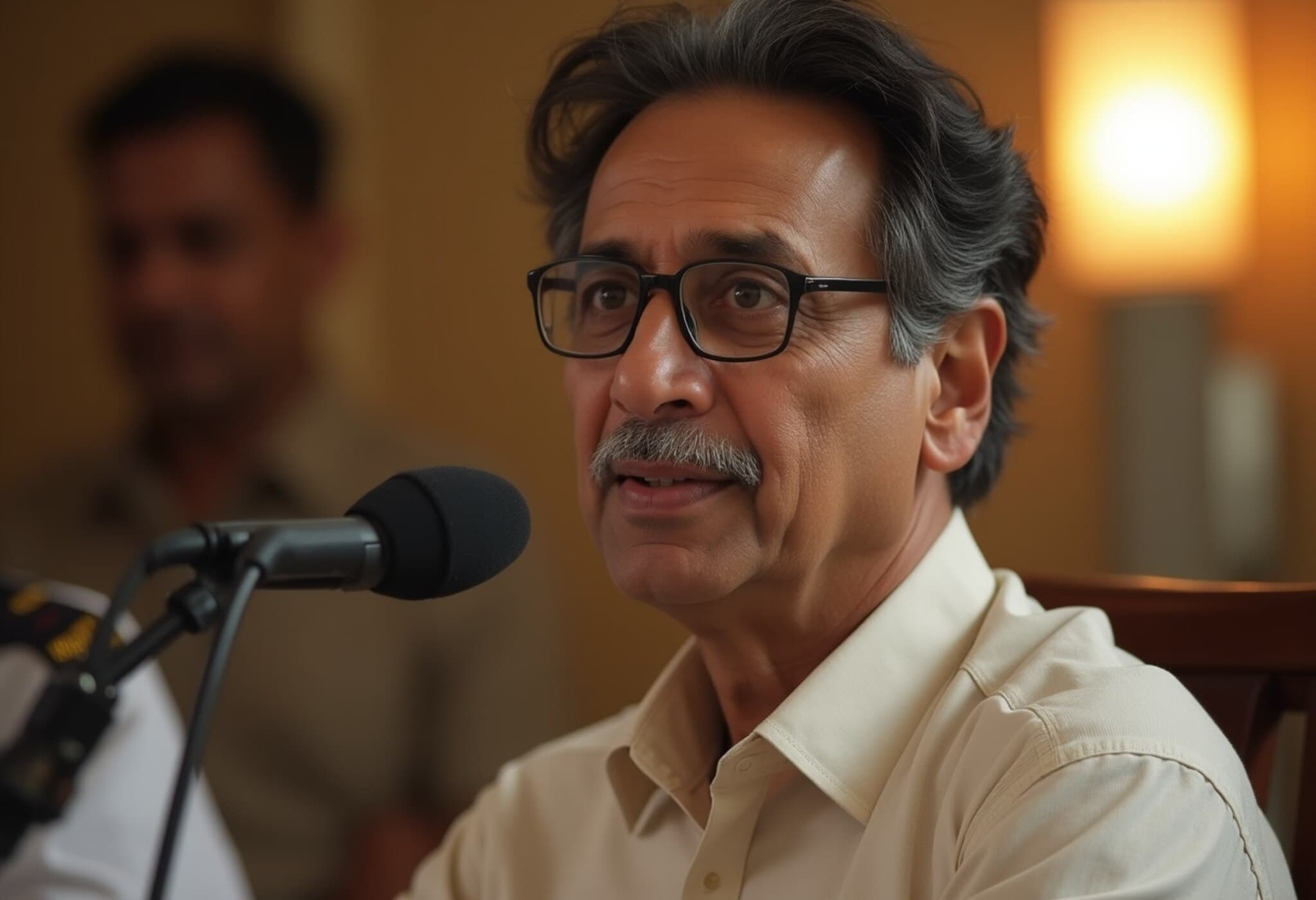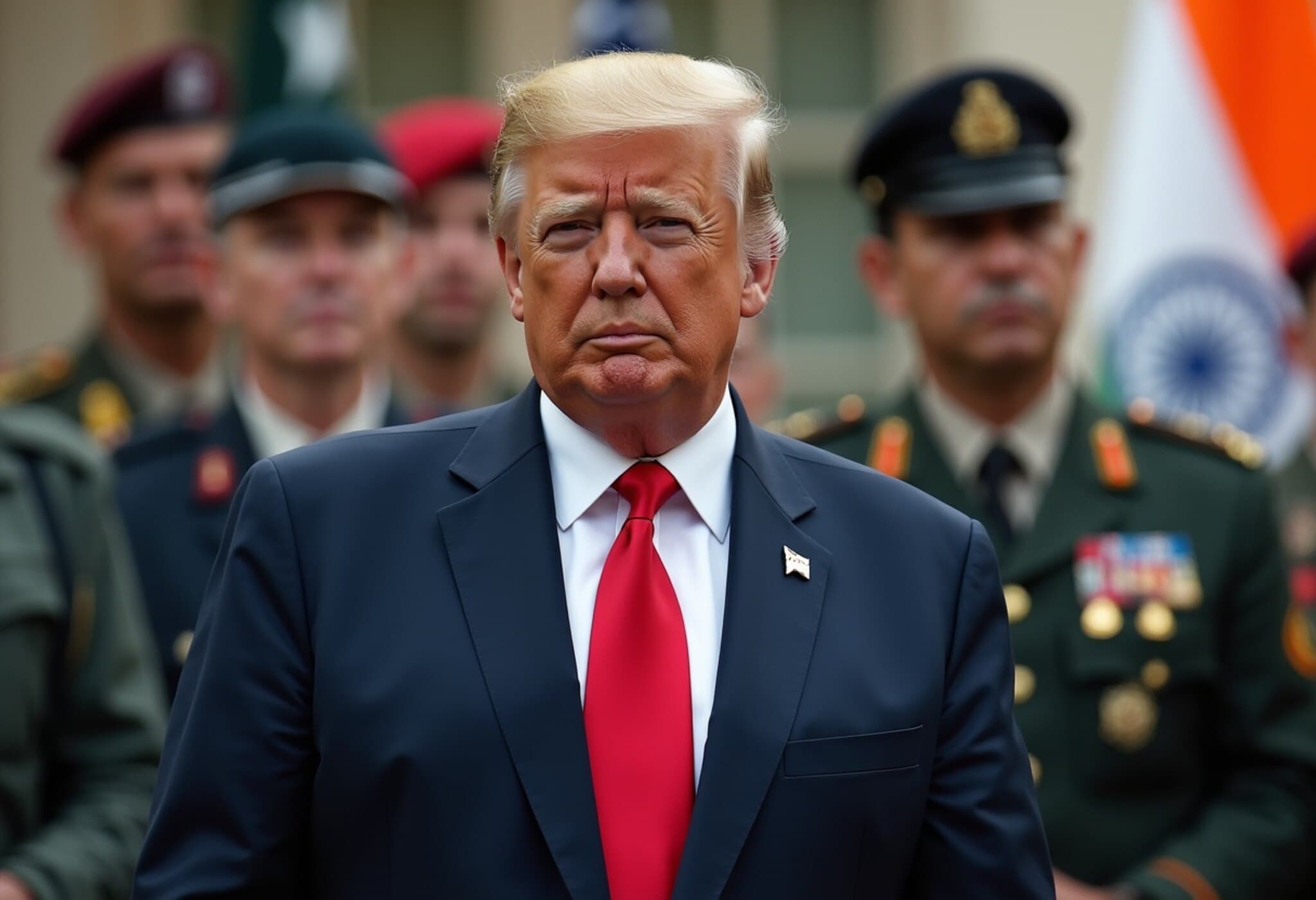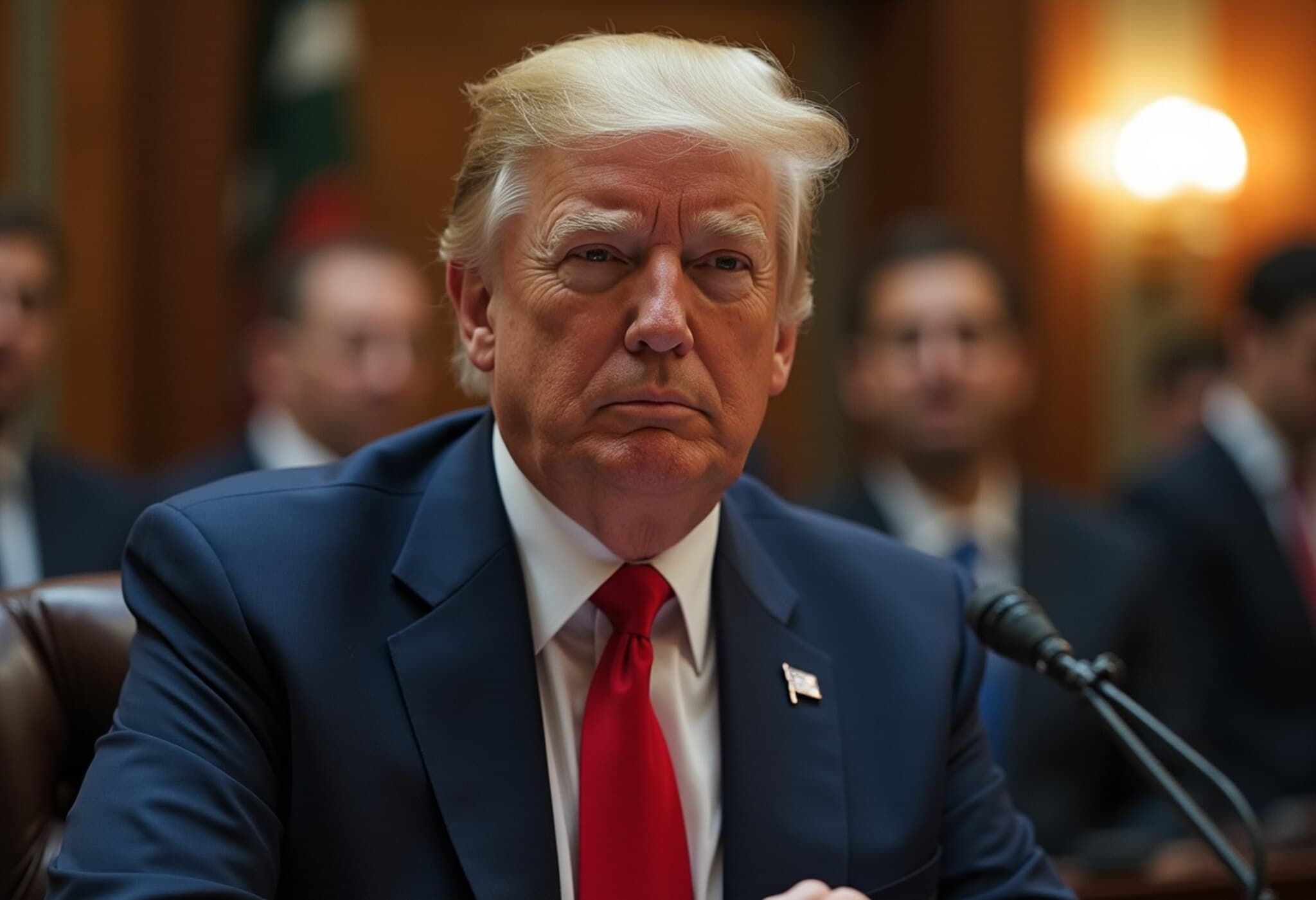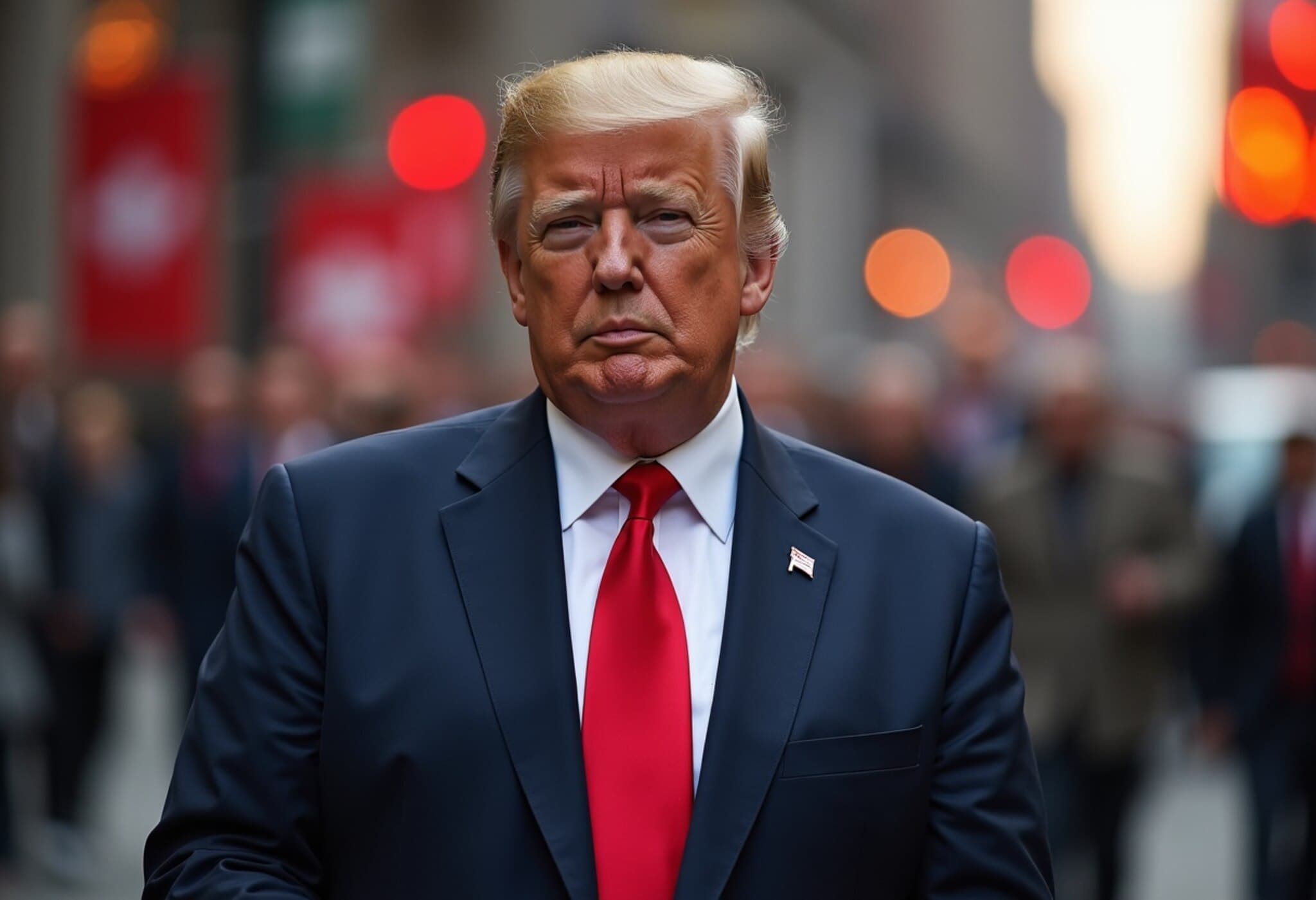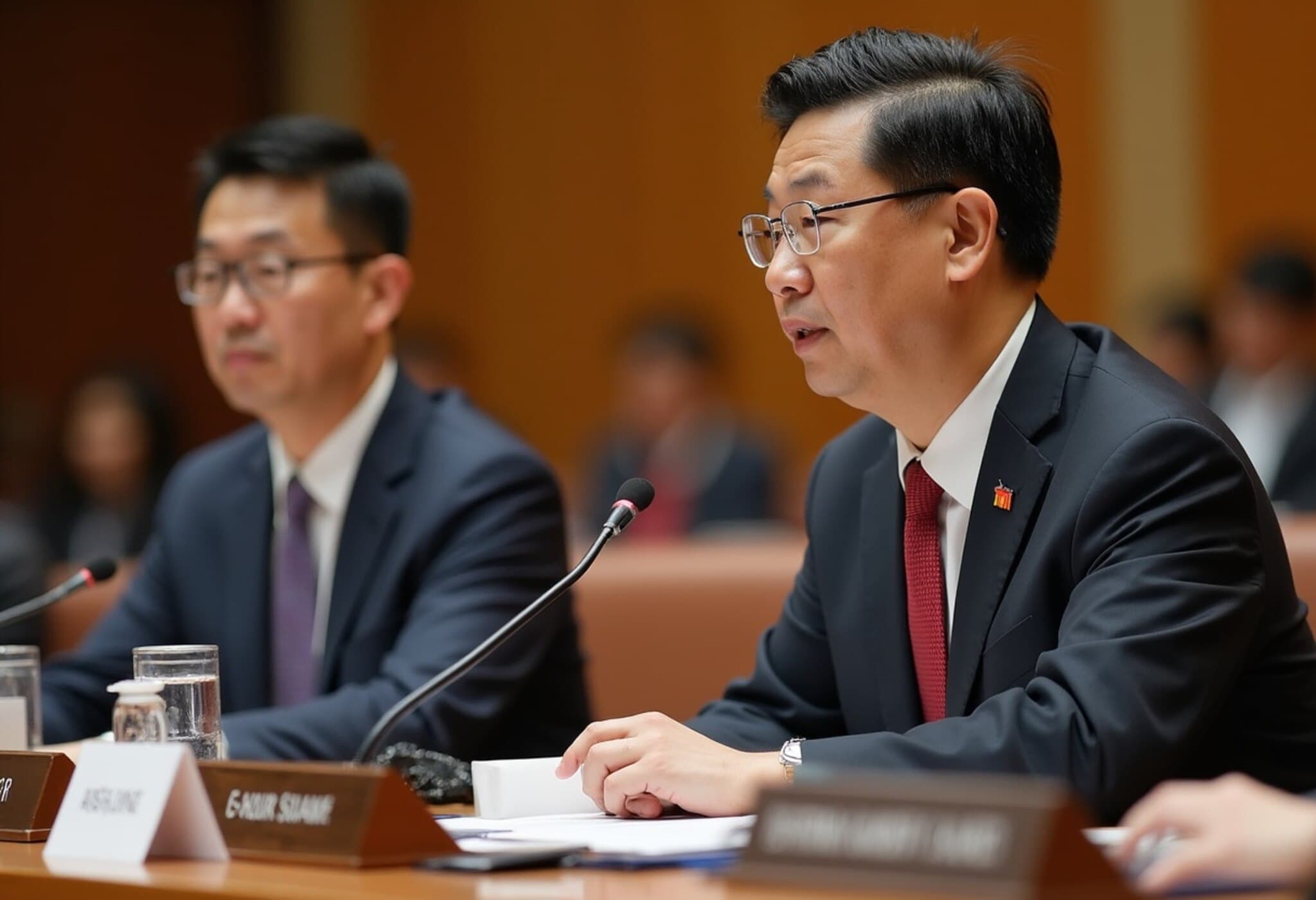White House Urges Nobel Peace Prize for Trump Over Global Conflict Resolutions
In a bold assertion during a press briefing on July 31, 2025, White House Press Secretary Karoline Leavitt praised former President Donald Trump’s diplomatic efforts, suggesting he deserves the Nobel Peace Prize for his role in ending multiple international conflicts. Among the conflicts cited was the long-standing tension between nuclear-armed neighbors India and Pakistan.
Trump's Role in De-escalating Global Conflicts
Leavitt highlighted a series of hotspots where the Trump administration allegedly brokered peace or ceasefire agreements, naming India-Pakistan, Israel-Iran, Rwanda and the Democratic Republic of Congo, Serbia-Kosovo, and Egypt-Ethiopia, among others. She emphasized that President Trump’s strategic interventions have brought tangible breakthroughs, stating, "It’s well past time that President Trump was awarded the Nobel Peace Prize."
One particularly notable claim was the administration's involvement in encouraging Cambodia and Thailand to cease hostilities. Leavitt explained that Trump personally warned both nations that ongoing talks for trade agreements would be off the table unless tensions were resolved, with peace emerging shortly thereafter.
Contested Claims Over India-Pakistan Ceasefire
Central to these claims is the reported breakthrough in India-Pakistan relations. Trump has repeatedly stated since May 10, 2025, that after intense overnight negotiations mediated by the US, a "full and immediate" ceasefire was achieved between the two rivals. He also touted promises of increased trade as incentives for the cessation of hostilities during what was described as Operation Sindoor.
However, these claims have encountered skepticism from Indian officials. During a recent parliamentary discussion, India’s External Affairs Minister S Jaishankar categorically rejected any third-party intervention in the ceasefire decision. He clarified that there were no telephone conversations between Prime Minister Narendra Modi and President Trump amid the operation's critical phase, illustrating India’s firm stance on sovereign control over its military decisions.
Expert Perspectives: What This Means for International Diplomacy
From an international relations standpoint, the White House’s narrative fits into a broader pattern of US administrations claiming diplomatic triumphs to bolster global standing. While successful conflict resolution enhances regional stability and global security, independent verification and the perspectives of involved parties are crucial for an accurate picture.
Experts warn that attributing such complex peace processes solely to one leader overlooks the multifaceted nature of diplomacy, which often involves persistent behind-the-scenes efforts by numerous actors. Furthermore, geopolitical dynamics, regional interests, and domestic politics heavily influence outcomes.
Analysts in South Asia note that India and Pakistan’s peace processes have historically been shaped by a cautious interplay of internal and international factors, making simplified narratives risky. The robust denial from Indian officials signals the need for skepticism when assessing claims of rapid conflict resolution mediated by external powers.
The Broader Implications for US Foreign Policy
- Strategic leverage: Using peace negotiations as bargaining chips in trade and diplomatic relations reflects a growing trend in US foreign policy.
- Soft power reinforcement: Peace brokering boosts America’s image globally, aligning with diplomatic goals.
- Domestic political benefits: Highlighting such achievements can galvanize support by emphasizing leadership in global affairs.
Nevertheless, the crucial lesson remains that durable peace often requires sustained, multilateral efforts coupled with genuine reconciliation—far beyond the remit of quick announcements or political posturing.
Editor’s Note
The White House’s bold claims about President Trump’s role in diffusing multiple international conflicts, especially the sensitive India-Pakistan situation, invite careful reflection. While diplomatic victories are worthy of recognition, it’s essential to critically assess the layers of diplomatic engagement involved. This story underscores the importance of transparency, corroboration, and understanding the complex nature of peacebuilding in volatile regions. As international watchers and citizens, we must ask: What truly defines effective peace mediation, and how can global powers contribute without overshadowing local sovereignty?

